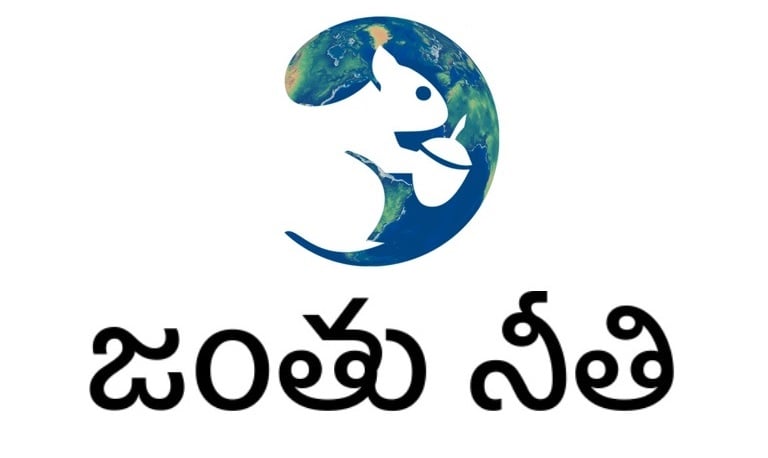Animal Ethics website is now available in Telugu
 Animal Ethics presents a realistic view about what the lives of animals are actually like, and how we can help them. It is essential that these ideas reach as many people as possible in order to improve the situation of all animals.
Animal Ethics presents a realistic view about what the lives of animals are actually like, and how we can help them. It is essential that these ideas reach as many people as possible in order to improve the situation of all animals.
This is why our website is available in multiple languages. Many of them are mostly spoken in the Americas and Europe. But we have made an effort to include languages spoken in other places, in particular in Asia. With this as our goal, we are pleased to present our website in a new language from South Asia: the Telugu language.
Telugu, which is spoken by close to 80 million people, is the most spoken language in South India. It’s also the fastest-growing language in the United States. In addition to Telegu, our website is available in Hindi, which is the most spoken language in the country and the main language in North India. This is relevant because for more than two years now, we have been very active doing work in India. This work is important because India is the second most populous country and the fifth-largest economy in the world. In line with this, we have been involved in many events including talks at universities. We are currently doing a series of talks all around the country this month, which we’ll tell you about soon.
The Animal Ethics website covers a broad range of topics that introduce the reader to ideas about speciesism and sentience to shed light on the suffering of all animals, especially wild animals. We encourage experts and students in various fields like philosophy, biology, public policy, and bioinformatics to use the research collated on our website to further work in their fields that benefits animals, and to spread these ideas to more people. It is important for us to show people that we can all help animals, whether it is by our own choices or through citizen science initiatives, outreach, education, or even small acts like setting out bowls of water for thirsty animals.
We work for the animals who live in the present and for the many more animals who will be born in the future. With this long-term view in mind, we hope that with the information presented on the website, we are able to spark an attitudinal shift in the way we as individuals and societies view animals and their suffering.
Take a look at Animal Ethics’ Telugu website here
The Animal Ethics website is now available in 11 languages including, in addition to Telugu and Hindi, English, Chinese, German, Spanish, French, Portuguese, Polish, Romanian, and Italian.
We are grateful to the generous volunteers who offer their time to help us in this endeavor.
If you would like to volunteer and help us with translations in Chinese, Korean, or Arabic, write to us at [email protected].